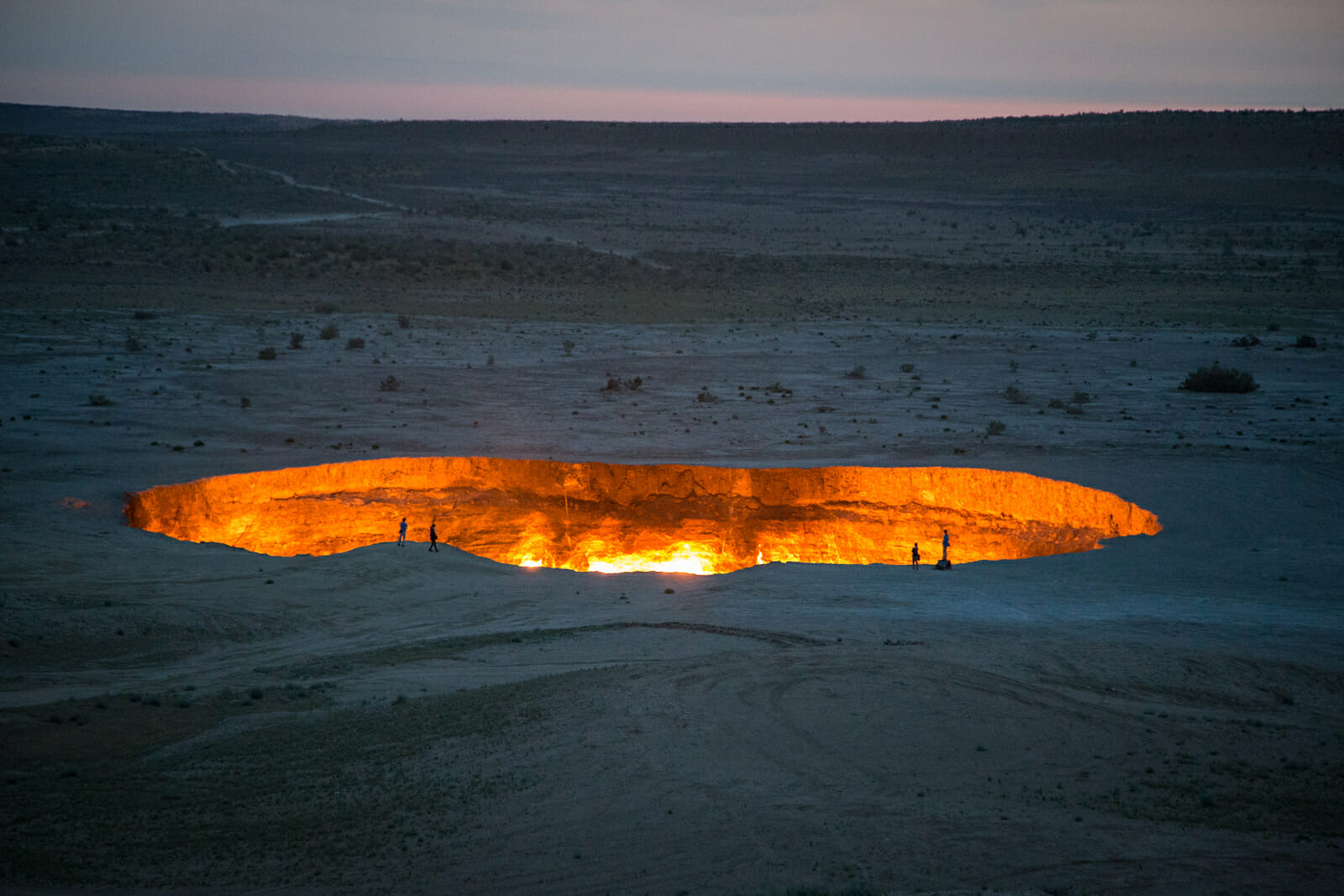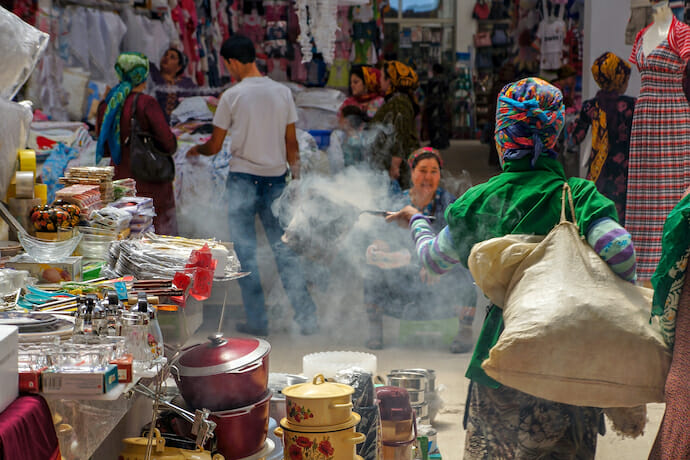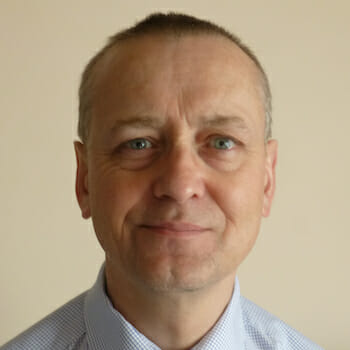
Little-known Turkmenistan Branded a ‘Dangerous and Unstable’ Place to do Business
In recent years, Turkmenistan has received little media coverage, either in the mainstream media or in business journalism. It remains, though, a highly closed society, does not operate or allow a free press and independent and reliable news is scarce.
The Turkmen government is aggressively seeking foreign direct investment including via the Chinese-led Belt & Road Initiative (BRI). External investment in Turkmenistan, in particular in the oil and gas procurement and affiliated industries, exists, with on-going tenders by Western businesses for Turkmen government contracts.
Companies investing in Turkmenistan are said to face serious political risk factors including state interference, appropriation of assets, corruption, wider investor abuse and instability and transparency risks inherent within the nature of the regime.
There are several examples of Turkmenistan courting investment, including the annual UK-Turkmenistan Trade & Industry Council which is set to meet later this month.
Other examples include the Turkmen presence at World Investment Forum in Geneva and the Turkmenistan Oil & Gas Conference in Ashgabat.
The regime is also accused of abuse of investors and non-payment of contractually owed monies.
As recently as December 2018 two new arbitration cases were filed against the Turkmen government at the International Centre for the Settlement of Arbitration Disputes (ICSID). Five arbitration cases are pending against the Turkmen government, dating back to 2009.
The Global Arbitration Review noted that these represented “the latest in a line of cases the state has faced from investors in the construction sector amid allegations of state interference in projects and termination of contracts without payment.”
One example cited includes the SECE Group, a Turkish design, and construction company with operations in Turkey, Turkmenistan, and Russia. It claims to have completed nearly a dozen projects in Turkmenistan including government office buildings. Fergana, a Moscow-based site, claims that the dispute relates to unpaid debts from a mid-2000s contract relating to residential buildings.
Another example is Unionmatex Industrieanlagen, which won a €36.8 million contract for grain elevator construction in 2005 and a subsequent 2008 contract to roll such facilities out nationwide, worth €144 million. The claims before the ICSID relate to non-payment of debts stemming from both of these projects.
The oldest case relates to a German-owned poultry farm established near Ashgabat in 1999 by Adem Dogan. His company’s success at producing eggs enraged former Turkmen President Saparmurat Niyazov, who demanded 50% of the company’s profits. After making threats, Ashgabat seized the farm.
Yet another case involves the Argentinian firm, Bridas, which appealed to the Arbitrary Court of the International Chamber of Commerce after the Turkmen government stopped this company’s oil and gas export. The Chamber awarded Bridas $500 million, but Turkmenbashi responded by expropriating the Argentinian office in Ashgabat.
One more example is that of the Italian company ENI which encountered problems because the company bought shares in Turkmenistan without clearing it with the authorities which showed a “lack of respect” for the government.
Turkmenistan suffers from serious corruption and its regime still labors under an image problem.
The US State Department describes corruption as “pervasive,” and Forbes ranks Turkmenistan as the 6th most corrupt country in the world.

It is argued that the cult of personality around the president and his capricious and unpredictable behaviour, combined with the absence of any clear respect for the rule of law, renders Turkmenistan a highly unstable environment for investors to place their trust.
Nor does the country score well in regional comparisons.
Turkmenistan contrasts unfavourably with its neighbours in Central Asia/the Caucasus, who have been making genuine efforts at economic, political and social reform.
For example, Kazakhstan, Kyrgyzstan, Uzbekistan, and Tajikistan implemented a total of 11 key reforms in business and regulatory areas to create an environment more hospitable to commerce, according to the World Bank’s “Doing Business” report.
These reforms chiefly consisted of investor protections, enforcing contracts, and registering property.
Turkmenistan is conspicuous by its absence in this report. It is argued that it has not taken meaningful steps towards economic, political nor social reform; economically it remains in something of a post-Soviet state, and politically it is an unreformed dictatorship.
According to a UNECE report on economic and social reforms in Central Asia, Turkmenistan displays the weakest record. Kyrgyzstan and
Kazakhstan leads the way with the most liberalised market economies in the region; Turkmenistan remains largely unreformed.
The International Institute for Political Expertise on Political Risk for Investors (FIIPE), reporting in 2011, said most experts considered that the investment climate in Turkmenistan had worsened.
Key causative factors are poor legislation, an inefficient judicial system, absence of reliable statistics, lack of transparency (the country refuses to join the Extractive Industries Transparency Initiative or EITI), the high level of government regulation (9/10 rating for level of regulation), and corruption/cronyism (8/10 rating for corruption).
Foreign companies view Turkmenistan as a place to export goods and services rather than as an investment opportunity, leading to an export/import imbalance. As such, despite its abundant natural resources, Turkmenistan is deemed to be an “unsuccessful” state.
The government tends towards geopolitical “swing” and priority changes in terms of foreign relations while there are ongoing disputes over the status of the Caspian Sea.
Although the dictatorship is technically stable as there is no meaningful opposition, and destabilization would likely result in a Libyan-style descent into tribalism and multiple separatist movements due to high levels of social tension within the Turkmen society.
It could also be said that due to the absence of a free press, businesses do not have the opportunity to express their views and positions openly in the Turkmen media.
The government of Turkmenistan also stands accused of using a tactic of accusing contractor companies of contractual violations in order to justify interruptions to payments as a mask for the state’s inability to pay.
Alleged appropriation of assets in investor companies that are successful seems to be a modus operandi for the Turkmen state. The state seems to believe it has the right to a portion of the assets from successful corporations.
So, what to conclude from all this?
Well, although the BRI’s presence in Central Asia and investment potential in Turkmenistan more generally present investment opportunities for Western and European businesses, investors should hesitate to engage with Turkmenistan.
Turkmenistan’s track record of paying its debts and fair dealing with investor corporations has been described as atrocious. It is said to be guilty of extensive state interference, abuse of investors and appropriation of corporate assets. The Turkmen government is not a trustworthy business partner.
Corruption and cronyism within the regime is rife while procurement of government contracts is seldom achieved without engaging in allegedly corrupt practices. There is a fundamental lack of transparency.
Turkmenistan compares poorly with its regional neighbours in the Caucasus region and is not taking positive steps towards meaningful economic reform.
There are significant political risks associated with Turkmenistan; it is deemed to be a poor investment climate governed by a capricious and a dictatorial regime.
The result of regime collapse would be catastrophic given Turkmenistan’s tribal and ethnic makeup.
Editor’s note: An earlier version of this article incorrectly spelled the name of former Turkmen President Saparmurat Niyazov.

